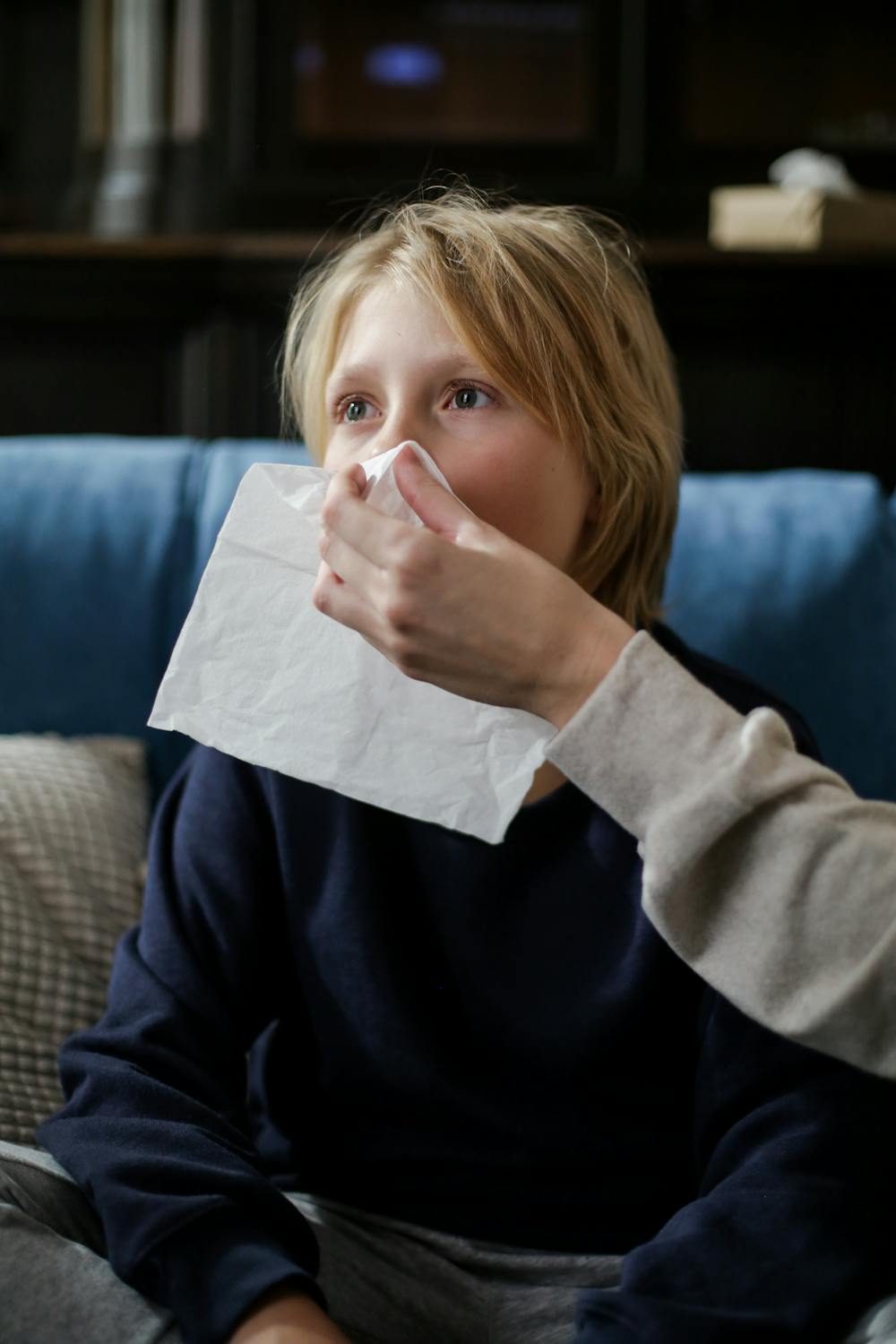Can the Common Cold Really Help Kids Resist COVID?

When it comes to the common cold, most of us think of runny noses, tissues piling up, and a week of mild misery. But what if these sniffles were secretly giving kids an extra shield against something far more serious — COVID-19? A recent study led by researchers at National Jewish Health suggests that might be exactly the case.
A Surprising Connection Between Colds and COVID
The study, published in the Journal of Infectious Diseases, explored how rhinoviruses — the main culprits behind colds — could play a role in keeping SARS-CoV-2 at bay. The team looked at data from the nationwide HEROS study, which followed more than 4,100 people across nearly 1,400 households from May 2020 to February 2021.

What they found was fascinating: children (and even adults) who had recently battled a cold were less likely to test positive for COVID-19 in the weeks that followed. It wasn’t just chance — the cold viruses seemed to “prime” the body’s immune defenses.
How the Body’s Defenses Get an Early Boost
Here’s where things get interesting.
When rhinoviruses infect the body, they trigger a strong interferon response in the airways. Interferons are proteins that act like a built-in alarm system, warning cells to gear up against viral invaders.
This rapid reaction seems to prepare the immune system to fight off other viruses, including COVID-19, before they can really establish an infection.
Children naturally experience more colds than adults, which may explain why they tend to have fewer severe COVID-19 cases.
The study also revealed that kids generally have higher baseline activity of interferon-related genes — meaning their immune systems are already on alert compared to grown-ups.
Why This Matters
This phenomenon, known as heterologous viral interference, has been observed before with other respiratory viruses. But this is the first large, forward-looking study showing the effect could extend to SARS-CoV-2 as well.
That doesn’t mean anyone should start hoping for a cold as a protective measure — no one wants to intentionally get sick.
Instead, the real value lies in understanding how viruses interact in the body. Insights like this could guide new prevention strategies that harness the body’s natural defenses, particularly for vulnerable groups.
A Piece of the Puzzle
This research builds on earlier findings from the HEROS study that showed children are about six times less likely than adults to develop symptomatic COVID-19.
Age-related immune differences are clearly part of the story, but recent exposure to other viruses like the cold seems to provide an additional layer of protection.
The study was a collaborative effort involving scientists across 12 U.S. cities, highlighting how big research networks can uncover important patterns hidden in everyday illnesses.
Looking Ahead
So, the next time your child catches yet another cold, it might help to remember that those sniffles could be quietly training their immune system for bigger battles.
While no one’s suggesting colds are a good thing, this research offers a hopeful glimpse into how our bodies adapt and defend themselves — sometimes in unexpected ways.
Understanding these connections not only helps explain why children tend to handle COVID-19 better but also nudges science closer to creating smarter tools for protection in the future.
Who knew that something as common as a cold could hold such an unexpected superpower?
Source: The Common Cold Is Associated With Protection From SARS-CoV-2 Infections





